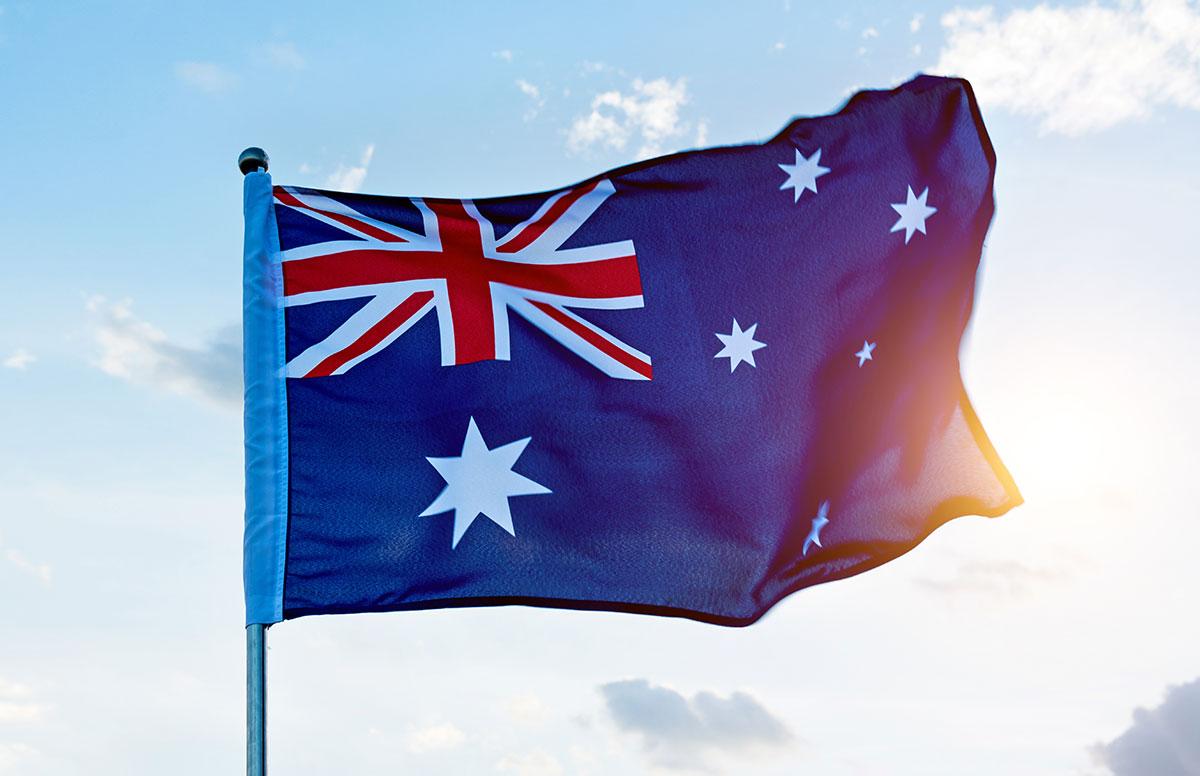This year Australia serves on the World Health Organization (WHO) Executive Board, a key decision-making body that guides the WHO’s work on global health. Alongside thirty-three other countries on the Executive Board, Australia will attend the 144th session of the Executive Board in January 2019 to discuss topics ranging from polio eradication to the health implications of climate change.
But perhaps the most important topic on the Executive Board’s agenda is the WHO’s proposed Roadmap on Access to Medicines. This Roadmap sets priorities for the next five years of the WHO’s work on medicines around the world. As an Executive Board member, Australia will help shape the discussion about how the WHO should approach this issue.
Unfortunately, the WHO’s Roadmap, as proposed by the WHO’s Secretariat, has serious problems that Member States need to fix. For example, the Roadmap envisions an expanded WHO role advising countries on intellectual property, such as the use of “compulsory licenses” (sometimes called “TRIPS flexibilities”) to allow the manufacture of patented medicines without the patent owners’ consent. This is unnecessary and would gravely harm global innovation – making it harder for patients to access today’s medicines and undermining investment in tomorrow’s new treatments and cures.
The WHO’s Roadmap reflects a tendency at the WHO to see patents as a barrier to access. But this isn’t true: research has found no correlation between intellectual property and access to medicines. Nearly all the drugs the WHO deems “essential” are already off-patent yet still out of reach for millions due to other factors, such as weak and underfunded health care systems. Strengthening IP can facilitate access, both by stimulating new discoveries and making it easier for innovative medicines to reach patients that need them.
The WHO is also ill-suited to make these recommendations: it lacks the expertise to advise countries on the complex technical, economic and trade implications of intellectual property (IP) protections. Many countries have already raised concerns that the WHO should not spend its limited resources working on such polarizing tasks that are unlikely to improve access to medicines.
WHO Executive Board members need to step up—and speak out—about the vital role of IP in spurring new discoveries. In the past, Australia has strongly defended IP rights, as well as biomedical research and development, as statements in recent international meetings show:
- At the World Intellectual Property Organizations meeting this past September, Australia underscored their first-hand experience with the power of innovation. They noted, “we know from our own experience in Australia that the global economy is increasingly knowledge-based and innovation-driven, with intellectual property supporting economic growth and prosperity for developed, developing and least developed countries alike.”
- Commenting on the WHO Roadmap Report on Access to Medicines and Vaccines 2019-2023 this summer, Australia called on stakeholders to look beyond IP to address access to medicines saying, “we do not consider that the IP system is a barrier to access to medicines and vaccines.”
- At the World Health Assembly in May, Australia also acknowledged the true barriers hindering access to medicines, noting, “there are many factors that impact access to medicines across all stages of the value chain from financing for R&D to regulatory processes, manufacturing, supply, reimbursement arrangements, and pricing.” They called for comprehensive solutions that “account for these complexities and the interrelationship of all contributing elements.”
These statements demonstrate Australia’s deep commitment to furthering innovation, which can only be improved if they continue to invest in innovative industries. Total research and development investment in Australia is around $32 billion annually, with approximately $6.5 billion spent on health and medical research. A recent study demonstrated the significant impact of this investment in medical research, with a near $4 to $1 return for the Australian economy. Yet, there is significant potential to grow. According to the latest data, Australia invests about 0.4% of government spending in research and development – putting them among the bottom of all OECD countries.
As WHO Executive Board considers how to improve access to medicines, Australia has an opportunity to continue to rebut the idea that weakening IP” will do anything to improve access. As a global health leader and major funder of development assistance, the Australian delegation can help focus the WHO on tackling the real barriers to access, such as weak and under-funded health care systems, poor infrastructure and taxes/tariffs. In particular, Australia should speak out clearly at the Executive Board meeting to convey concerns about the Roadmap and ensure it does not lead to expanded WHO activities that would undermine IP globally.
Now’s the time to act. Patients around the world depend on Australia and the other Executive Board members to lead the charge on proactive and comprehensive solutions that address the real and complex obstacles to better global health.


